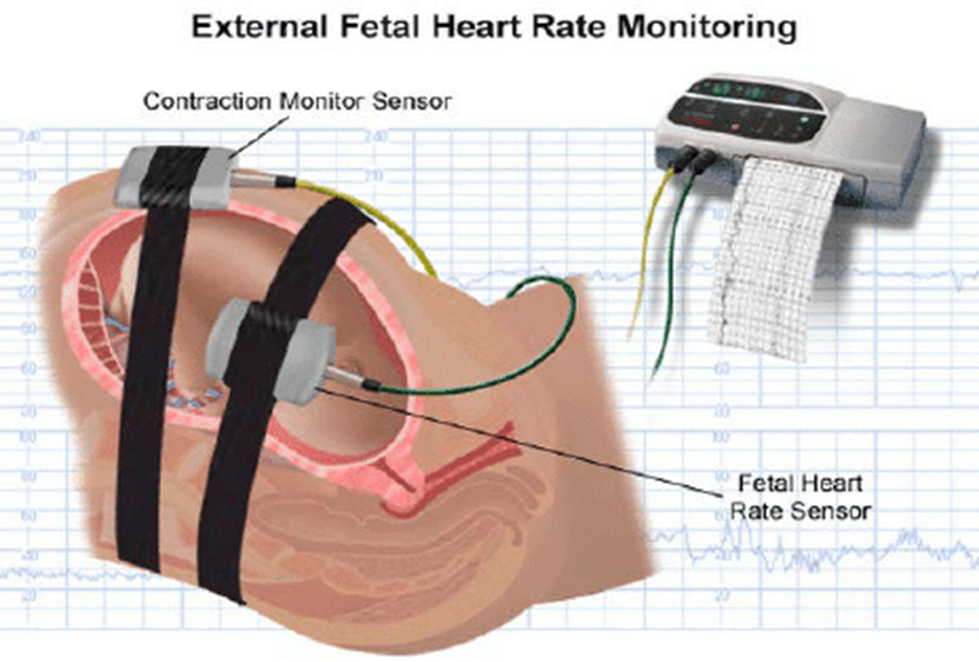A nurse is reinforcing nutrition teaching with a client during the first prenatal visit. Which of the following statements by the client indicates understanding of the teaching?
“I can have 4 oz of white wine daily.”
“I should switch to drinking whole milk.”
“I want to lose 18 lbs.”
“I can consume 1000 mg of caffeine daily.”
The Correct Answer is B
Choice A rationale:
Consuming any amount of alcohol during pregnancy is not recommended. Alcohol can cross the placenta and harm the developing fetus, potentially leading to fetal alcohol spectrum disorders (FASDs). FASDs can cause a range of physical, mental, and behavioral problems, including intellectual disabilities, learning disabilities, and physical abnormalities. Even small amounts of alcohol can increase the risk of FASDs, and there is no known safe amount of alcohol to consume during pregnancy.
Choice B rationale:
Switching to whole milk during pregnancy can be a beneficial choice for several reasons:
Increased calcium and vitamin D: Whole milk is a rich source of calcium and vitamin D, which are essential for the development of the baby's bones, teeth, and muscles. Calcium also supports the mother's bone health and helps prevent pregnancy-related osteoporosis.
Healthy fats: Whole milk contains healthy fats that are important for fetal brain development and the mother's overall health. These fats also contribute to satiety and can help manage weight gain during pregnancy.
Essential nutrients: Whole milk provides a variety of other essential nutrients, including protein, vitamins A and B12, riboflavin, and zinc. These nutrients support overall health and well-being during pregnancy.
Choice C rationale:
Weight loss during pregnancy is generally not recommended unless specifically advised by a healthcare provider. Pregnancy is a time for growth and nourishment of the baby, and restricting calories or attempting to lose weight can potentially harm the developing fetus. It's important to focus on consuming a healthy, balanced diet and gaining a healthy amount of weight during pregnancy.
Choice D rationale:
Consuming high amounts of caffeine during pregnancy is not recommended. Caffeine can cross the placenta and potentially affect the baby's heart rate and sleep patterns. It's generally advised to limit caffeine intake to less than 200 milligrams per day during pregnancy.
Nursing Test Bank
Naxlex Comprehensive Predictor Exams
Related Questions
Correct Answer is D
Explanation
The correct answer is Choice D.
Choice A rationale: The client's age, being 20 years old, is not a contraindication to the use of a diaphragm. Diaphragms can be used by individuals of reproductive age, provided there are no other contraindications.
Choice B rationale: Having a vaginal birth 6 months ago is not a contraindication to using a diaphragm. The diaphragm's fit may need adjustment, but it can still be used safely postpartum.
Choice C rationale: Smoking cigarettes is a risk factor for several health conditions but is not a specific contraindication for the use of a diaphragm. However, smoking cessation should be encouraged for overall health benefits.
Choice D rationale: Having more than one sex partner increases the risk of sexually transmitted infections (STIs). Diaphragms do not protect against STIs, making it important to use condoms in conjunction with the diaphragm for clients with multiple sex partners.
Correct Answer is D
Explanation
Rationale for Choice A:
An IV is not routinely initiated prior to a non-stress test. It may be started if a biophysical profile (BPP), which includes an ultrasound, is also being performed, or if there is a risk of complications that may necessitate immediate intervention. However, it is not a standard part of the non-stress test itself.
Rationale for Choice B:
Nipple stimulation is not a standard component of a non-stress test. It may be used in some cases to try to induce fetal movement if the fetus is not moving actively enough during the test. However, it is not a routine part of the procedure.
Rationale for Choice C:
An ultrasound is not typically performed prior to a non-stress test. It may be done as part of a BPP, but it is not necessary for the non-stress test itself.
Rationale for Choice D:
An external fetal monitor is essential for conducting a non-stress test. This monitor uses two belts that are placed around the mother's abdomen. One belt measures the fetal heart rate, and the other belt measures uterine contractions. The monitor records the fetal heart rate and any contractions for a period of 20 to 40 minutes. The test is considered reactive (normal) if the fetal heart rate increases by at least 15 beats per minute for at least 15 seconds twice during the test. This acceleration in heart rate is typically in response to fetal movement.

Whether you are a student looking to ace your exams or a practicing nurse seeking to enhance your expertise , our nursing education contents will empower you with the confidence and competence to make a difference in the lives of patients and become a respected leader in the healthcare field.
Visit Naxlex, invest in your future and unlock endless possibilities with our unparalleled nursing education contents today
Report Wrong Answer on the Current Question
Do you disagree with the answer? If yes, what is your expected answer? Explain.
Kindly be descriptive with the issue you are facing.
